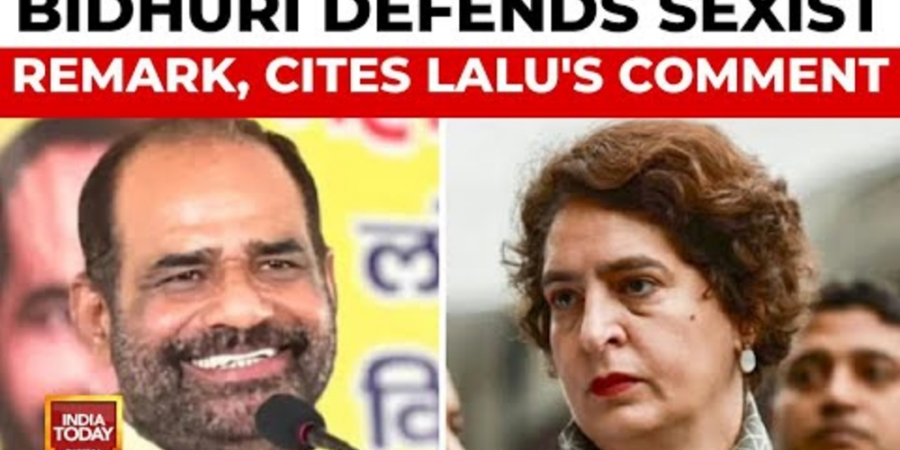

Indian politics, often seen as a platform to address societal issues, has been repeatedly marred by instances of sexism and gender insensitivity. Despite constitutional guarantees of equality and progressive strides toward gender empowerment, the political landscape continues to reflect entrenched patriarchal attitudes. Sexist remarks made by politicians not only undermine the dignity of women but also highlight a systemic issue in a democracy that prides itself on inclusivity.
India’s patriarchal roots are deeply embedded in its social fabric, influencing political rhetoric and behavior. Politicians, who are often considered role models, have on multiple occasions used derogatory language or made remarks that trivialize women's capabilities and contributions. These statements reflect not only personal biases but also societal attitudes that still struggle to accept women as equals in public and private spheres.
Instances of sexist remarks in Indian politics span across party lines, demonstrating that this issue transcends political affiliations:
Objectification of Women
Politicians have frequently resorted to objectifying women in their speeches, often drawing analogies that are demeaning. Comments about women’s appearances or attire are common, reducing their identity to physical attributes rather than their achievements or character.
Derogatory Statements During Campaigns
Election campaigns have often been platforms where sexist remarks surface. Politicians have targeted female opponents with comments questioning their competence, family roles, or personal lives, diverting attention from policy debates to gender-based stereotypes.
Justification of Gender-Based Violence
Some remarks have crossed the boundaries of decency, trivializing or justifying acts of violence against women. Such statements not only perpetuate a culture of victim-blaming but also send a dangerous message about the acceptability of such behavior.
Sexist remarks by politicians have far-reaching consequences:
Stronger Legal and Ethical Accountability
Political parties must enforce strict codes of conduct, ensuring that members who make sexist remarks face consequences. The Election Commission of India should also take suo motu cognizance of such statements during campaigns.
Promoting Gender Sensitization
Awareness programs targeting politicians and party workers can help address deep-seated biases. Incorporating gender studies into political training programs could also foster more inclusive attitudes.
Encouraging Women’s Representation
Increasing the number of women in political decision-making roles can help shift the discourse and counteract sexism. The pending Women’s Reservation Bill, which seeks to reserve 33% of seats in Parliament and state legislatures for women, could be a significant step forward.
Public Accountability and Media Role
The media and civil society must call out sexist remarks, ensuring they are met with public censure. Highlighting positive role models and constructive political debates can help shift focus from regressive rhetoric.
Sexist remarks in Indian politics represent a broader societal challenge that needs urgent redress. Political leaders, as representatives of the people, bear the responsibility to uphold values of equality and respect. Tackling this issue requires collective efforts from political parties, media, and society at large to foster a political environment that is truly inclusive and progressive. By addressing the roots of sexism in politics, India can take a significant step toward achieving gender equality in its democratic framework.
